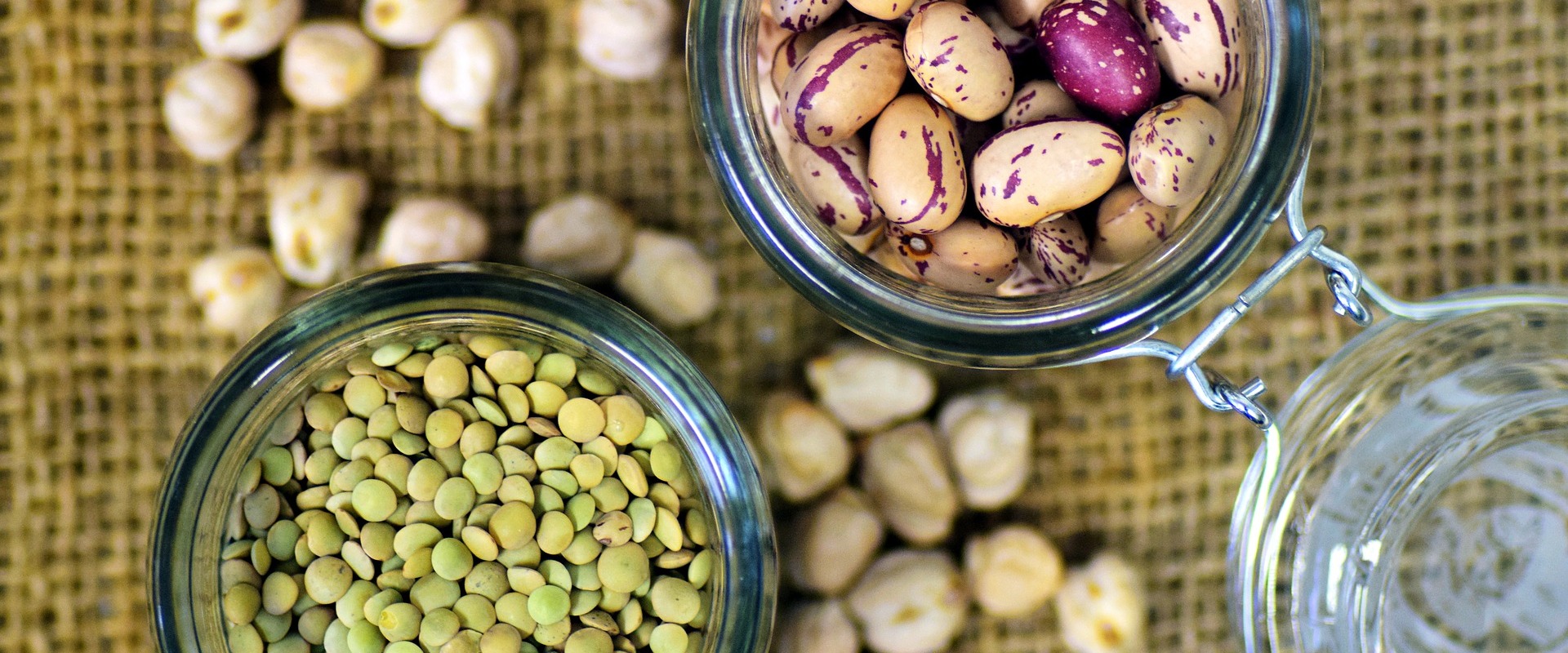Vegetarianism and physical condition: how to prevent nutritional insufficiencies (part II)
2017-03-17
While protein is, as we have seen, a critical factor in the diet of a vegetarian athlete, because it must be complete and sufficient in quantity,
fats are not a problem.
“
Fats provide individuals with their remaining energy, the part not provided by carbohydrates or protein,” explains biologist, nutritionist, personal trainer and fitness instructor
Alessio Colli. “
Vegetarians do not normally have a deficient fat intake. But for both vegetarians and omnivores, energy from saturated fatty acids such as those contained in butter, margarine, cheese and eggs should not exceed 10 percent of total fats in a healthy diet.”
Vegetarians too ought to prefer
unsaturated fatty acids, either monounsaturated or polyunsatured, which may be found in vegetable oils and nuts, for example, for a healthy diet. “In this case too, we should include them in the diet with moderation.”
Fats provide 9 kilocalories per gram of weight,
with a major impact on daily calorie intake. We need to satisfy our daily energy requirements without overdoing things: “
To maintain our ideal weight, we must always balance our calorie intake with the total amount of energy we consume, which includes our base metabolism and thermogenesis induced by diet, plus the energy we spend on our everyday activities and on physical exercise or sports”.
But man shall not live on macronutrients alone – on carbohydrates, proteins and fats; we also need
micronutrients: minerals and vitamins. “
Vegetarians should be careful to make sure they are not lacking in iron, calcium, zinc, vitamin B12, vitamin D, omega 3 fatty acids and iodine.”
If they want to make sure they are eating a nutritionally adequate diet, “
vegetarians, especially those who practice sports, should seek the advice of an expert on nutrition who can help them choose the right foods to make sure they get enough protein and micronutrients, and constantly monitor their health, consulting a doctor if they have any problems to make sure they are not lacking any particular nutrients.”
So how can you tell if you are
getting enough protein? “
By keeping a record of the food you eat to see whether your daily protein intake is sufficient to meet your requirements on the basis of the sports you practice. Of course we need protein not only to have greater muscle mass and a more tonic physique, but to perform a number of functions in the body which are essential for our health”.
If we are consuming insufficient protein or micronutrients, we should
add them to our dietary intake or take
supplements. “
Dietary supplements should be used only if really necessary, and as part of an overall vision of proper diet”.
Mariagrazia Villa
